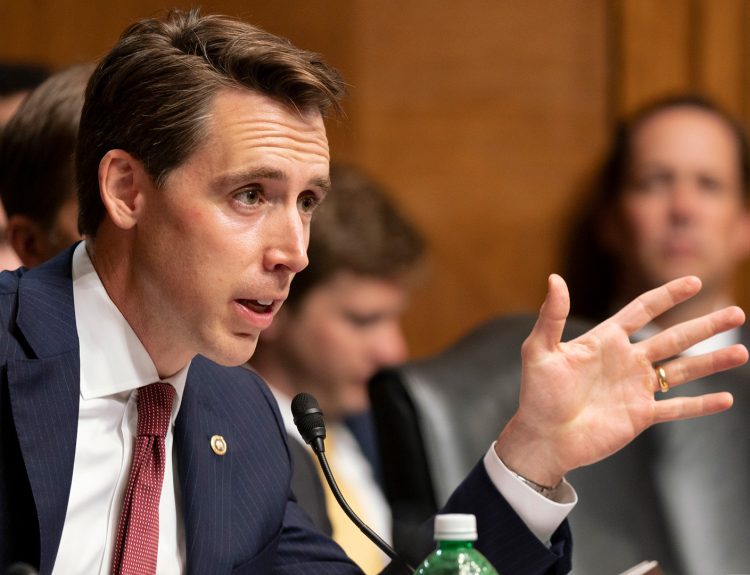Companies have made efforts to be more socially and politically conscious on the national stage in the last several decades. This pattern has been particularly exacerbated with the rise of social media, with companies setting out to make a name for themselves and what they believe in an increasingly online world.
Activism Takes Many Forms
This activism is wide-ranging depending on the company, and can look like media campaigns regarding political activism, and publicity surrounding volunteer and charity work. All press is good press in an online world, and companies have become very good at spinning any kind of news or public developments to their advantage.
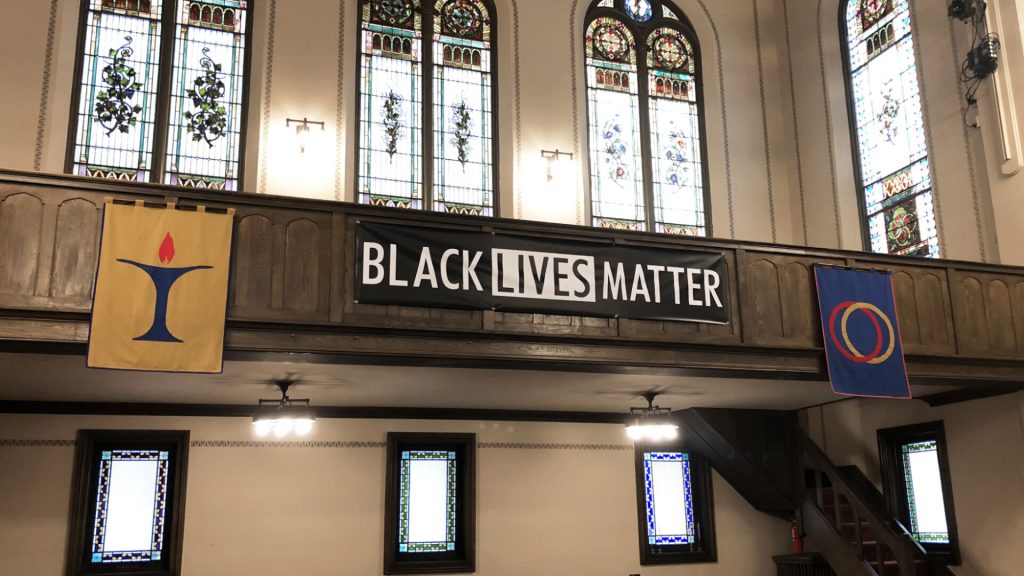
This is particularly stark in the case of social issues that make headlines on the national stage. Public relations departments work particularly intensely when it seems that there’s an angle to spin for business, and social justice developments are no exceptions to this rule.
Black Lives Matter on the National Stage
One movement that drew significant attention from both corporate America, political America, and social America is the Black Lives Matter movement. In 2020, social awareness of racial violence against black men and women exploded after George Floyd was killed by police in an attack that many saw as racially motivated.
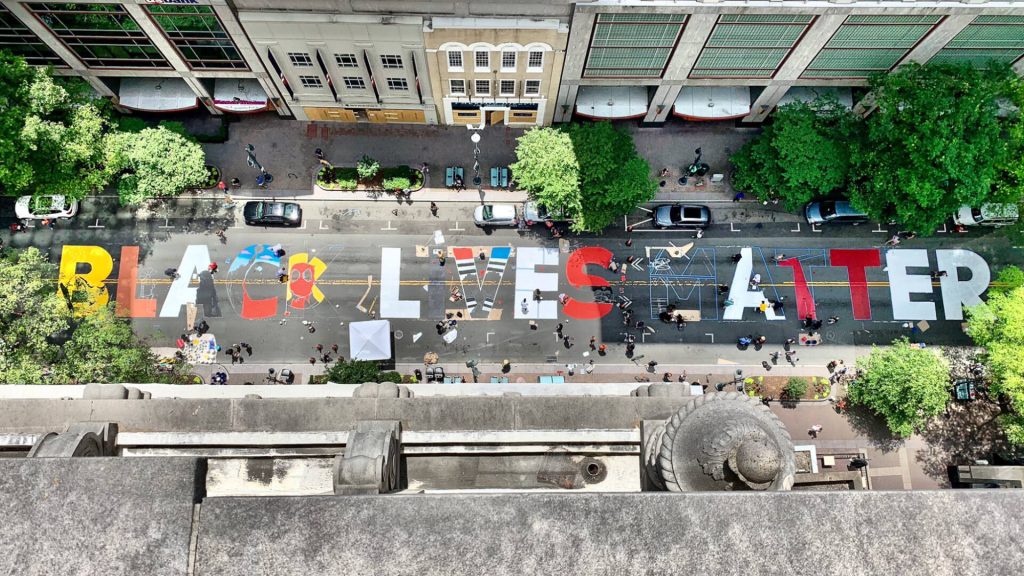
The movement had been building for years ahead of that, formally beginning in 2013 after the killing of Trayvon Martin, but 2020 saw a new explosion in both awareness and intensity surrounding the idea.
Protests and Social Movements
The protests that happened that summer as a result of the Black Lives Matter movement made significant waves in national and local headlines. Republicans saw the movement as thinly-veiled violence against the state, where Democrats saw the movement as a logical extension of the racial justice movement that had been in progress for years.

While there were, of course, individuals and groups within the Black Lives Matter movement who took their activism too far, the general population were very simply engaged with the movement. Donations and peaceful protests allowed for awareness and corporate America immediately jumped in.
Opportunities to Diversify
Merchandising and opportunities to make their support of the BLM movement were clear. While there were some companies that went out of their way not to take a stance on the issue, many companies’ PR departments worked overtime to jump in on the social movement.

Some of this activism was as performative as providing lip service on social media, without any real change behind the words. Other companies saw a significant overhaul of their political support practices and hiring practices in attempt to keep up with the woke crowd.
Controversial Business Choices
Understandably, some of these choices were deeply controversial. Taking a stance on a political movement will always make waves of some kind, and with the BLM movement, it was there that there were many companies who wanted to be on the “right” side of history when it came to the issue.
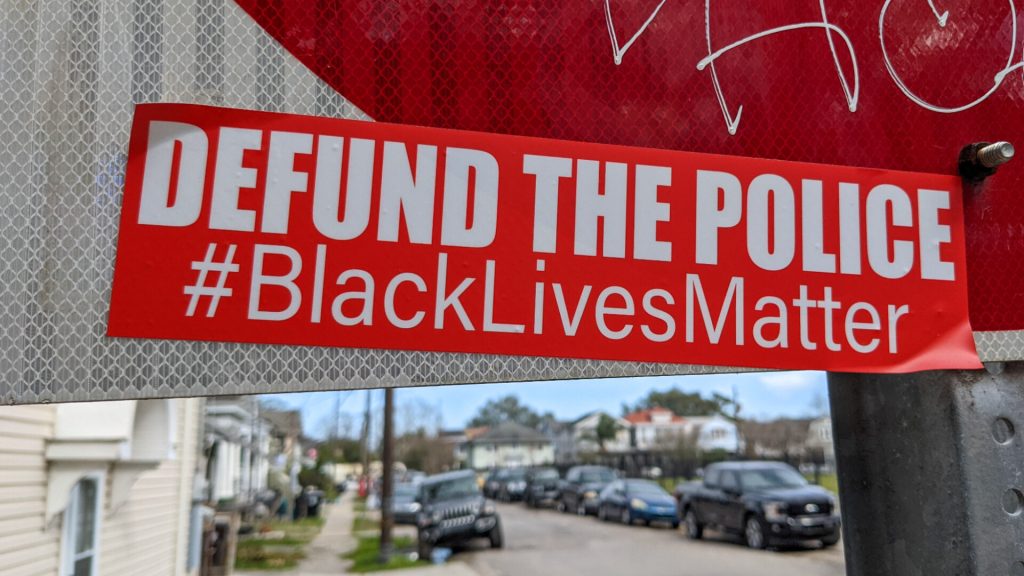
This meant alienating some people, unfortunately. When companies during the height of the BLM movement were heavily leaning into the marketing of the movement and the political pushes that were being made on BLM’s behalf, there was a not-insignificant portion of consumers who pointed out that the activism was performance at best, and that these companies could have been making these changes all along.
Companies Should be Apolitical
Still others were peeved that companies were making statements on politics at all. There is a small but loud movement of individuals, both on social media and offline, who believe that political beliefs and practices should be kept quiet, and that any reference to a company’s political or social beliefs is “preaching.”
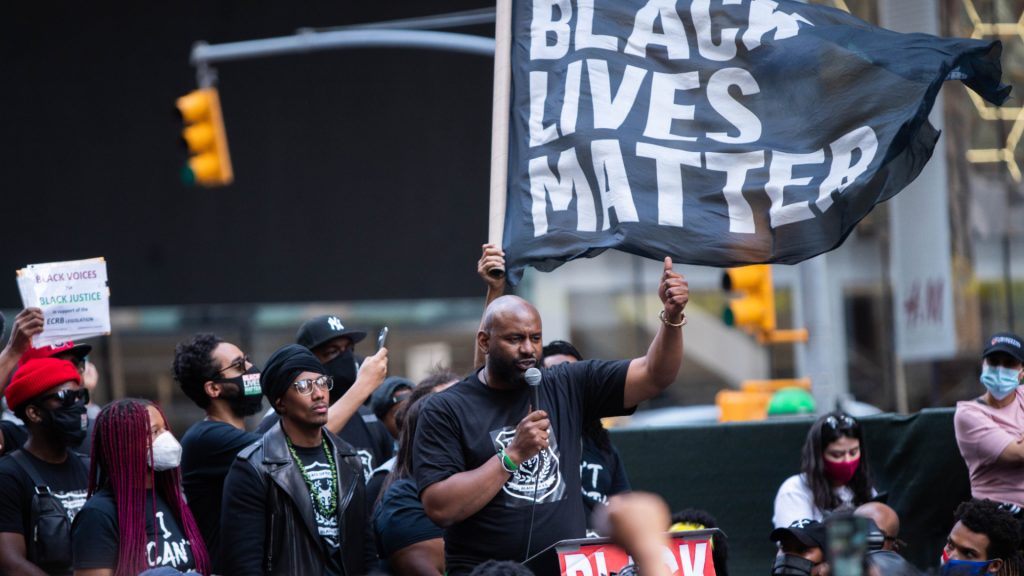
Angering these subsets of consumers is a calculated risk that many companies chose to make in the wake of the BLM movement. The positive press of participating in a movement for social good was considered to be a significant perk, even in the wake of the negative press that came online from naysayers.
Data Surrounding BLM
Now, years after support for the BLM movement has waned from the record highs of 2020, data has come out that proves that companies may have been misguided in their beliefs surrounding BLM and its marketability.

A study was recently released in Marketing Science that revealed that companies who aligned themselves with BLM had found themselves suffering from negative impact on the parts of the very consumers that they were trying to appeal to.
Examinations into Social Media Impact
The study revealed that this negative social impact manifested in several ways, including a decline in consumer social media activity and an increase in negative public commentary on the issues.

In order to determine how consumers reacted to brands taking stances on social issues such as BLM, the researchers took a multifaceted approach to the study. They studied social media growth specifically related to consumer engagement on BLM social posts, and went out of their way to determine causal impact.
A Study on “Blackout Tuesday”
Determining causal impact required an examination of “Blackout Tuesday,” which was a wide-scale BLM support event on Instagram, but not on Twitter. This provided a control platform for the researchers to understand the impact of social media activism for various companies.

Based on the data that was gathered across more than 400 brands in diverse industries, the researchers found consistent and replicable evidence that public support for BLM triggered a negative reaction from consumers.
Historical Posts Providing Context
Examining historical posts that were completely unrelated to the social movement of BLM provided further context as far as the true impact of these posts on consumer opinion.
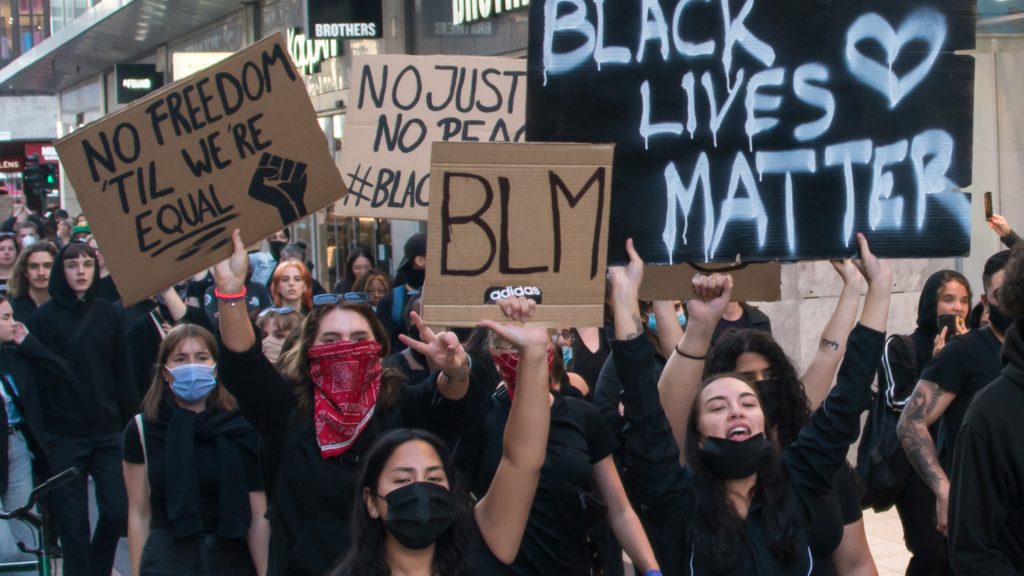
The researchers found that, across the board, promotional material that was posted by companies separate from their BLM activism had a moderating effect on the BLM posts and consumer perception. These off-topic posts actually ended up exacerbating the negative effects of the BLM posts on the part of companies and brands.
Who Exactly Was Posting?
One of the most fascinating parts of the study looked at who exactly was the cause of the negative social impact, as far as political affiliation and activism went. Researchers discovered that it was mostly Republican-affiliated consumers who were not supporters of the BLM movement that drove the majority of negative social media press.
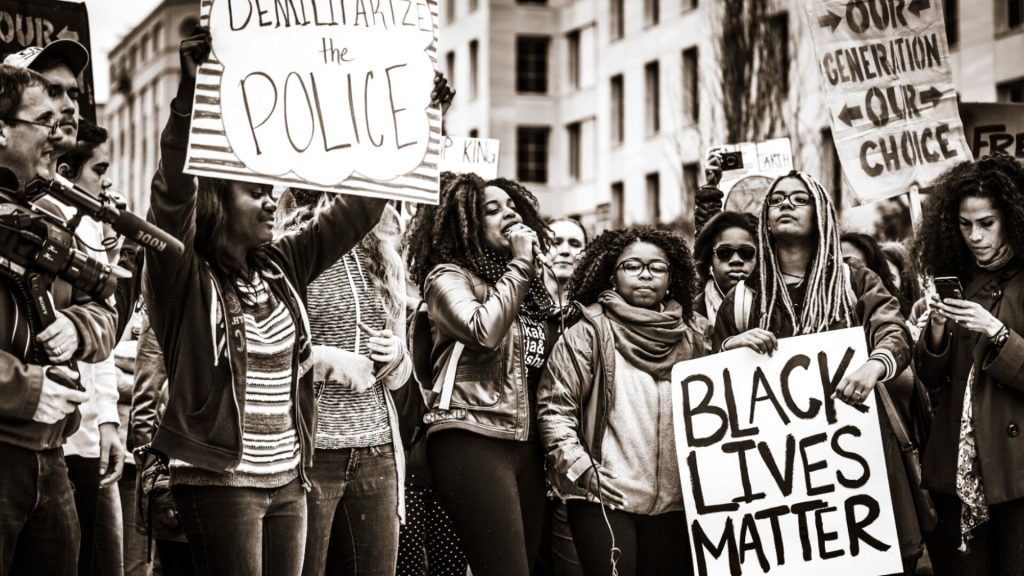
However, researchers did find an interesting pattern on the liberal side of the spectrum as well. While the majority of the negative social impact was found to be on the part of conservatives, liberals who were critical of companies engaging in “slacktivism” – activism that was lip service unsupported by financial contribution – made up another significant portion of the data.
“Business As Usual”
The study concluded that, among some of the other mistakes that were made by brands during the height of the BLM movement, one of the biggest ones was continuing “business as usual” during their support of the social movement.
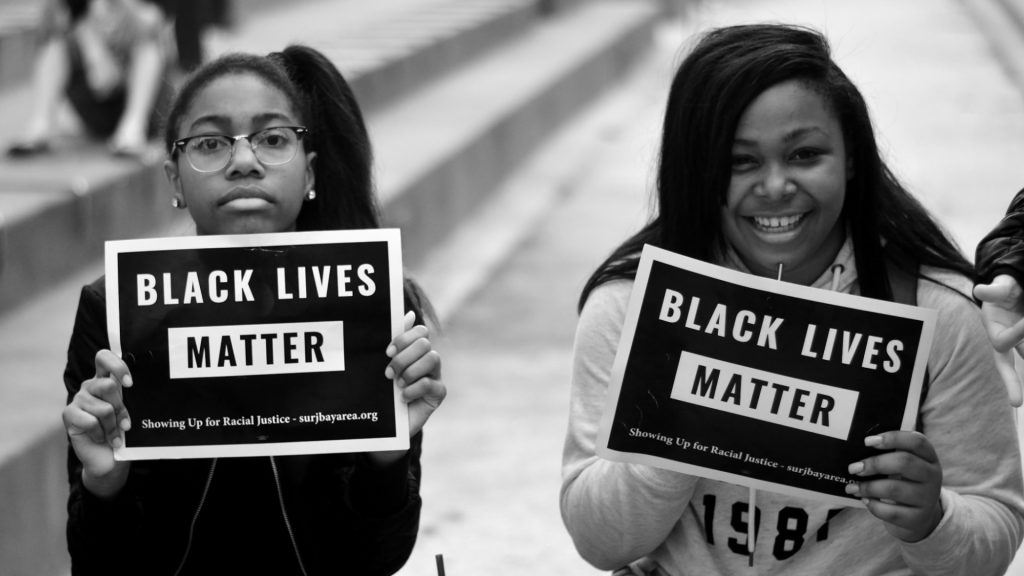
Individuals saw companies who simultaneously posted unrelated promotional material alongside their BLM activism as performative, which exacerbated many of the negative impacts that the study was able to see. The study concluded that companies who are interested in engaging in activism would do well to think carefully about their social strategy, to ensure that their activism comes off as genuine without impacting everyday business.
Social Media Impact on Brands
The study is a fascinating examination of how social media impacts consumers and brands alike. Many individuals claim that they want to see companies engage in deeper activism across various social issues, but the data does not necessarily support that claim.
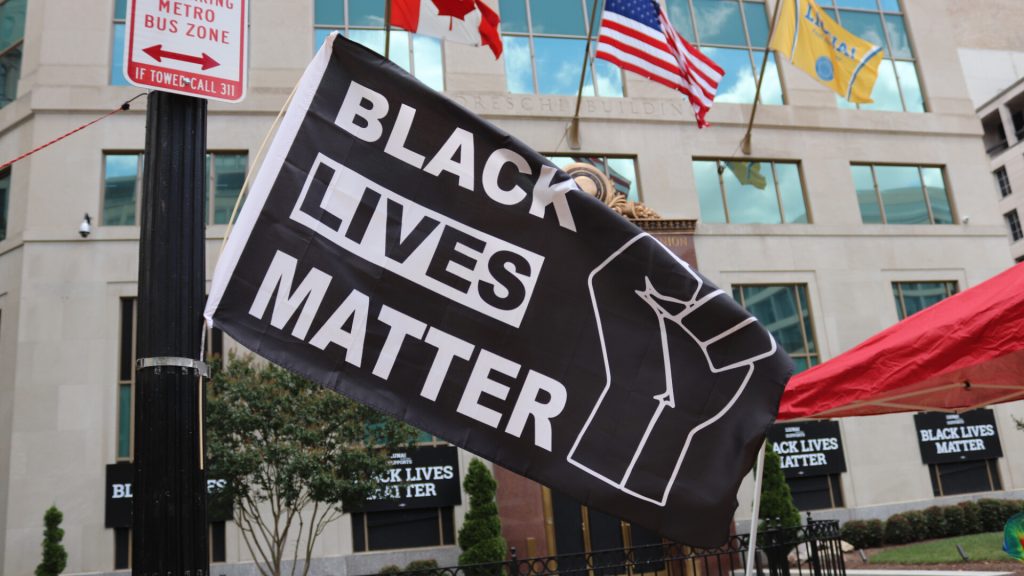
Fortunately – or unfortunately – there will always be varied responses to any action that is made on the part of any company. Companies could engage in the most significant and varied activism possible, and it still wouldn’t be enough for some consumers. This means that, for better or worse, companies can and will engage however they want, and the impact will ultimately be one for researchers to determine after the fact.





